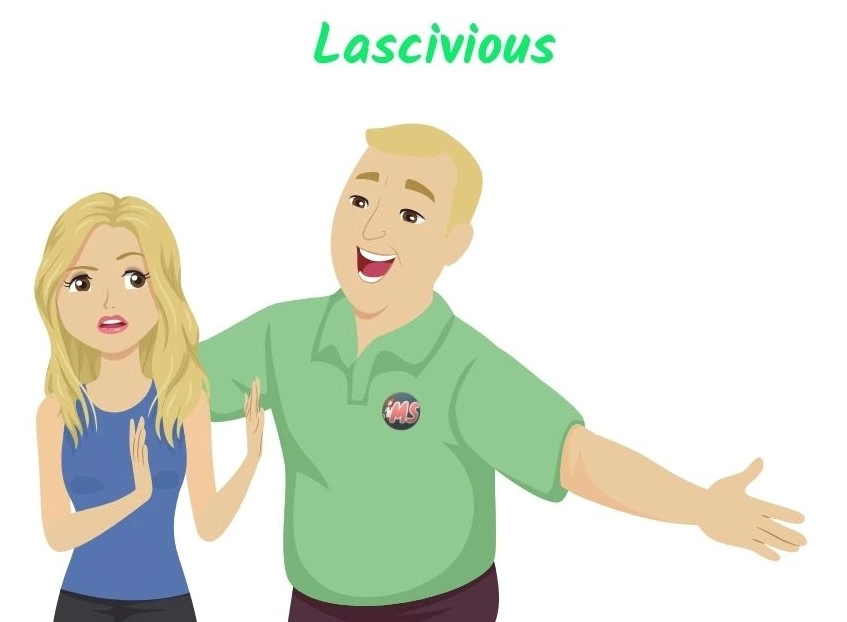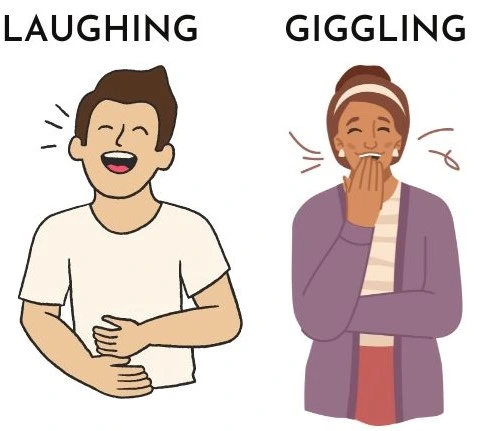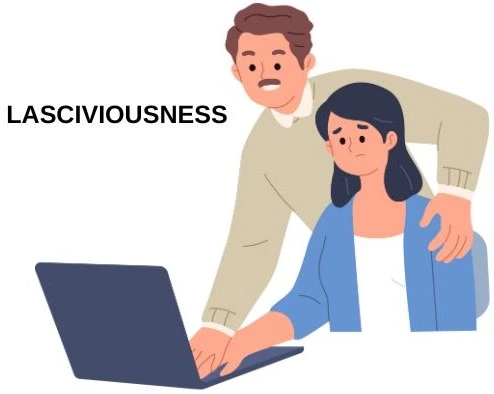Welcome to the world of homeopathy, where our journey to comprehend mind rubrics interpretation from Kent’s Repertory continues.
In this exploration, we will dive deep into the L Series Rubrics.
By learning how to interpret these rubrics, we equip ourselves to accurately select the most suitable remedies for each individual’s unique mental and emotional state.
Table of Contents
ToggleLASCIVIOUSNESS, lustful

A strong and intense desire for sexual pleasure or enjoyment is referred to as lasciviousness.
It refers to having thoughts or behaviours that are lustful or sexually suggestive.
while someone is described as being lascivious, they frequently act in an improper and indecent manner and lack restraint while acting on their sexual desires.
This term has a bad connotation since it suggests a disregard for decency and societal norms in sexuality-related concerns.
Lasciviousness is often regarded as indecent and offensive, frequently linked to extreme sexual desire that could result in hazardous or immoral actions.
Remedies: Hyos., Lach., Lil-t., Orig., Phos., Pic-ac., Plat., Staph.
LAUGHING/GIGGLING

Although both laughing and giggling are signs of delight or amusement, they are distinct from one another in terms of volume and tone.
Making loud, audible sounds of amusement while bending or shaking your body are all part of laughing. It is a stronger, more noticeable reaction to something amusing or delightful.
Giggling, on the other hand, is a milder, more restrained type of laughing that is marked by high-pitched, frequently repeated sounds.
Typically, giggling indicates foolishness or that something is just moderately funny.
Humans naturally laugh and giggle in response to amusement and pleasurable events, which makes happy times and connections between individuals.
Remedies: Cann-i., Ign., Stram.
LEWDNESS/SHAMELESS/OBSCENE

Words like lewdness, shameless, and obscene are used to describe behaviour or content that is morally wrong, indecent, or lacks modesty.
- Lewdness means behaving in a sexually suggestive or coarse way, which is not considered appropriate in polite or social situations.
- Shameless refers to a person or behaviour that shows no shame or embarrassment, especially when doing something improper or socially unacceptable.
- Obscene is used for things like language, actions, or content that are offensive, indecent, or vulgar, going beyond what is considered acceptable in society.
These words express strong disapproval or condemnation of such behaviour or material because they go against the rules of decency and proper conduct.
Remedies: Hyos., Phos., Sec.
LIBERTINISM

Liberal thinking or living is characterized by a distaste for moral and ethical principles.
They hate conventional customs and want the freedom to do anything they want, especially when it comes to having fun.
This can involve engaging in improper or socially unacceptable behaviour, such as binge drinking or acting aggressively.
It’s important to understand that while libertarianism places a high value on one’s own pleasure, this perspective may not truly lead to happiness and may even have the opposite effect.
We must carefully consider the consequences of our actions and act properly if we want to ensure our wellbeing.
Remedies: plat., staph.
LIE

A lie is when someone says something that is not true on purpose.
They do this to trick or fool others, hide the truth, or get some benefit for themselves.
Lies can cause problems because they can make people misunderstand each other, break trust, and make relationships difficult.
It’s important to be honest and tell the truth, so people can trust and believe in us.
If we tell lies, it can have bad effects on others and make them doubt what we say.
Being truthful is the right thing to do, and it helps us build good and strong connections with people.
Remedies: Op., verat., lac-ac.
LONGING

A deep and passionate yearning or desire for something or someone is referred to as longing.
It is a strong emotional need that results from desperately wanting something but not currently possessing it.
A loved one, a location, a time in the past, an event, or even a goal in the future can all be the subject of longing.
The person may feel empty or restless as a result of this sensation because they are longing for something they do not have.
People are frequently motivated to act in order to achieve their wishes or discover solutions to the gap between what they have and what they want by longing.
Remedies: pall., grind., stram.
LOOKED AT cannot bear to be

The expression “looked at cannot bear to be” denotes a psychological dislike or discomfort to being seen or examined by others.
When someone looks at you, you could feel uneasy, insecure, or vulnerable. The individual who is feeling this sensation could feel exposed or judged, which could cause anxiety or a desire to stay away from certain circumstances.
This psychological reaction may result from a lack of confidence or from a fear of receiving unfavourable feedback from others.
Building self-worth, cultivating self-acceptance, and learning to feel more at ease and confident in one’s own skin even while others are looking at or noticing one can all be helpful in dealing with this emotion.
Remedies: Ars., Cham., Chin., cina.
LOQUACITY

Loquacity is a psychological term that refers to a person’s tendency for talking a lot and being extremely chatty.
A talkative person finds it difficult to stop talking even when others aren’t as interested in hearing what they have to say.
Numerous things, like a need for attention, a need to be heard, or simply enjoying exchanging ideas and experiences with people, might have an impact on this behaviour.
Even while being chatty can be advantageous in some circumstances, excessive talkativeness can occasionally cause communication problems and even social difficulties since other people may find it overwhelming or difficult to engage in a conversation.
Remedies: Hyos., Lach., Stram.
LOVE, ailments from disappointed

When love disappoints, it can lead to unpleasant feelings and psychological difficulties.
High expectations that were unfulfilled cause disappointment, which causes unhappiness and a sense of being let down.
Hurt, rejection, and low self-esteem may result from this.
People may be emotionally distressed and find it difficult to handle the disappointment.
It’s common to experience this in love, though, at times.
People can recover and gain insight from the event with time, help, and self-reflection.
Knowing that disappointment is a normal aspect of love and doesn’t define their worth or future relationships allows them to achieve happiness and contentment again.
Remedies: Hyos., Ign., Nat-m., Ph-ac.
LUDICROUS things seem

When something seems ludicrous, it means that it seems ridiculous, outrageous, or absurdly stupid.
It seems as though they defy logic or reason because they are so absurd or illogical.
It could be difficult to take the scenario or notion seriously because it’s so absurd, and it might even elicit laughter or suspicion.
When something is considered absurd, it can be amusing, but it can also be frustrating or irritating if it prevents comprehension or advancement.
Generally speaking, using the word ridiculous to describe something means that it appears absurd or unbelievable.
Remedies: nux-m., stram., tarent.
CONCLUSION
By learning how to interpret these rubrics from Kent’s Repertory, we can choose the right remedies effectively.
It’s essential to observe the patient’s behaviour, language, and responses, compare with the Mind Rubrics, and explore Kent’s Repertory fully to make the most of this approach.
Further reading and practical experience will help you strengthen your skills and become a proficient homeopath.
Stay curious and keep learning!
